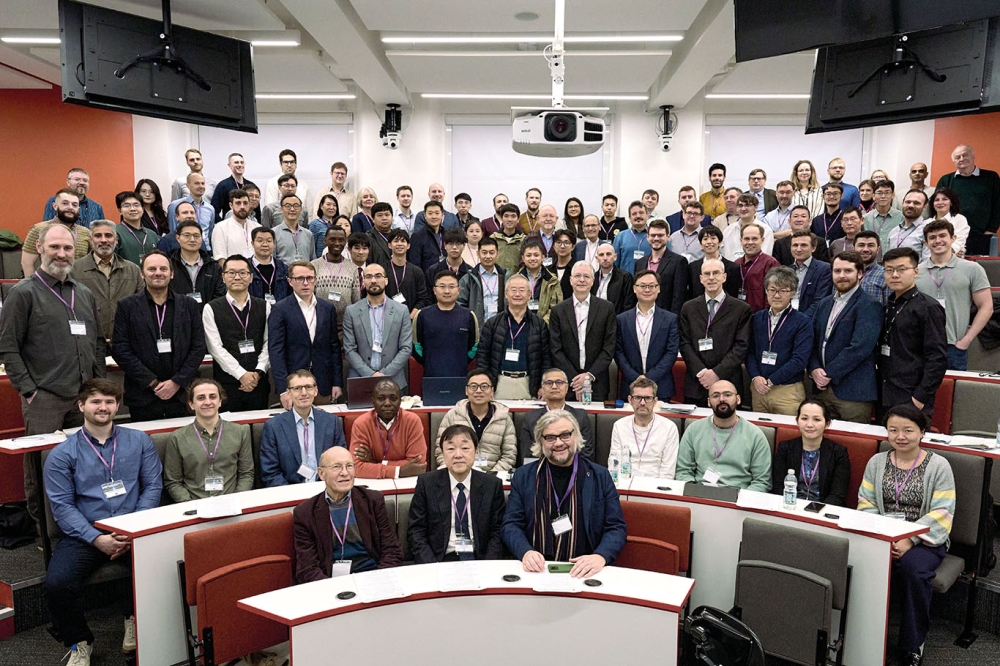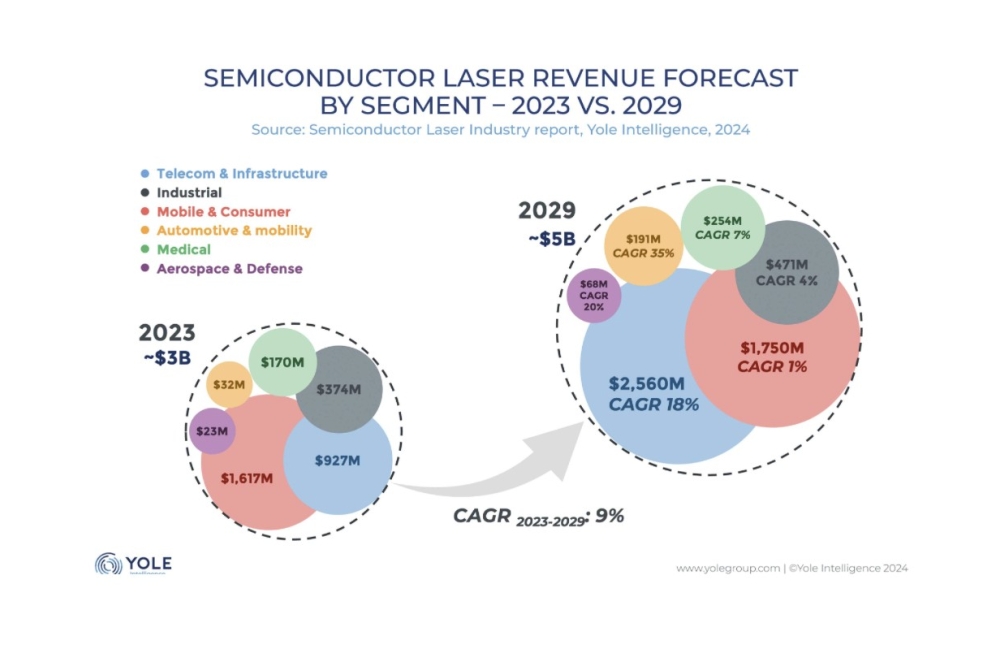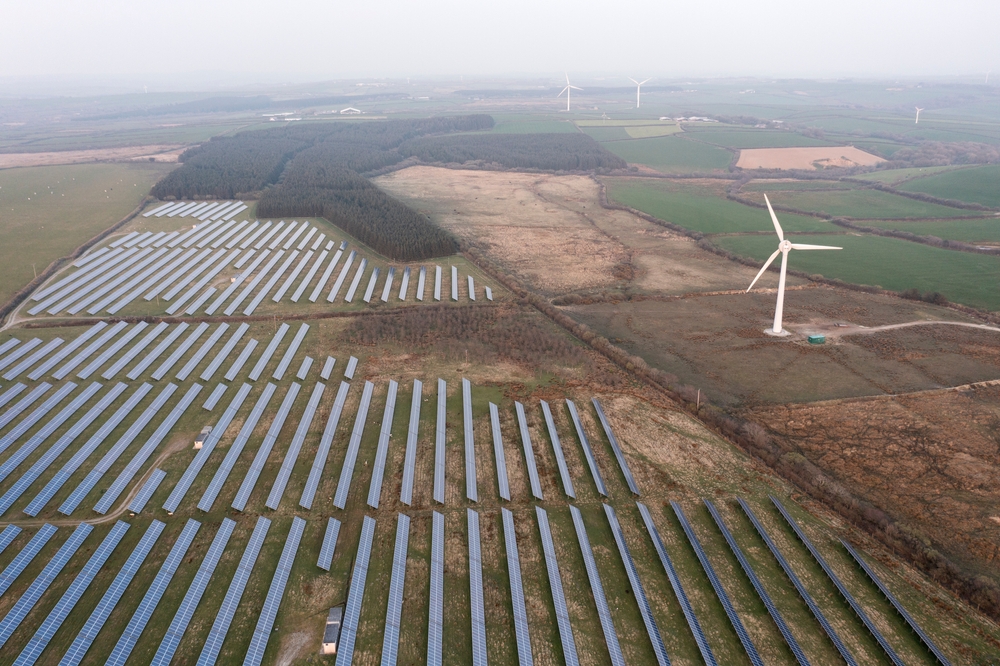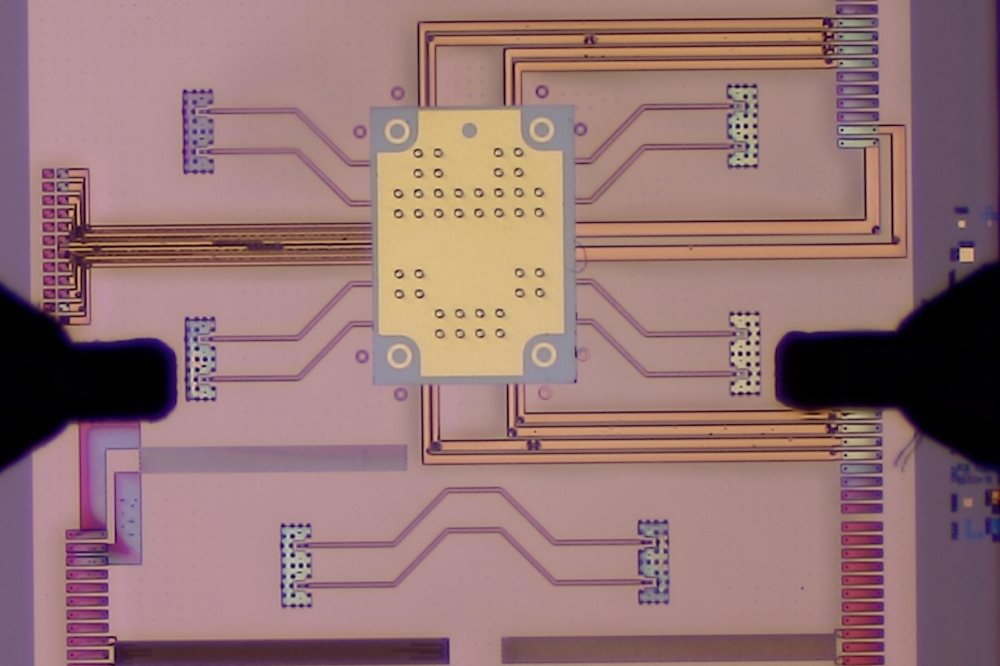US DoE announces $71M investment in solar power

18 projects will supercharge the clean energy supply chain and open new markets
As part of President Biden’s Investing in America agenda, the US Department of Energy (DoE) has announced a $71 million investment in research, development, and demonstration projects to grow the network of domestic manufacturers across the US solar energy supply chain.
The selected projects will address gaps in the domestic solar manufacturing capacity for supply chain including equipment, silicon ingots and wafers, and both silicon and thin-film solar cell manufacturing.
The projects will also open new markets for solar technologies such as dual-use photovoltaic (PV) applications, including building-integrated PV and agrivoltaics.
There are eight projects addressing ghin-film compound semiconductor PV technologies including CdTe and perovskites. These, says the DoE, have potential advantages over the current dominant silicon technology, such as less energy-intensive manufacturing, lower manufacturing costs, simpler supply chains, and greater lifetime energy yield. Of the eight projects DOE selected for the Advancing US Thin-Film Solar Photovoltaics funding program, four will address opportunities to improve efficiency, reduce costs, and bolster the supply chain for CdTe systems.
DOE’s Solar Photovoltaics Supply Chain Review identified CdTe as an opportunity to expand domestic production of solar panels. Improving the ability to use and recover materials efficiently when building and recycling panels is a promising approach to strengthen domestic CdTe PV competitiveness.
Four other projects will de-risk innovative tandem PV devices that pair established PV technologies like silicon and CIGS with perovskites. One project builds on the United States’ trade partnership with Canada to increase the supply of tellurium in the United States.
The selected projects are: First Solar (Tempe, AZ and Perrysburg, OH): $6 million; Cubic PV (Bedford, MA): $6 million; Tandem PV (San Jose, CA): $4.7 million; Swift Solar (San Carlos, CA): $7 million; 5N Plus (Montreal, Canada): $1.6 million; First Solar (Tempe, AZ and Perrysburg, OH): $15 million; Brightspot Automation (Boulder, CO): $1.6 million; and Tau Science (Redwood City, CA): $2.1 million.
DOE has selected three projects for the Silicon Solar Manufacturing and Dual-Use Photovoltaics Incubator funding program which will support the development of technologies to bring silicon wafer and cell manufacturing onshore. Seven additional projects will advance dual-use PV technologies to harness their potential to electrify buildings, decarbonise the transportation sector, and reduce land-use conflicts.
These ten projects are: Re:Build Manufacturing (Nashua, NH): $1.9 million; Silfab Solar Cells (Fort Mill, SC): $5 million; Ubiquity Solar (Hazelwood, MO): $11.2 million; Appalachian Renewable Power (Stewart, OH): $1.6 million ; GAF Energy (San Jose, CA): $1.6 million; Noria Energy Holdings (Sausalito, CA): $1.6 million; RCAM Technologies (Boulder, CO): $600,000; The R&D Lab (Petaluma, CA): $1 million; Silfab Solar WA (Bellingham, WA): $400,000; and Wabash (Lafayette, IN): $1.6 million.































